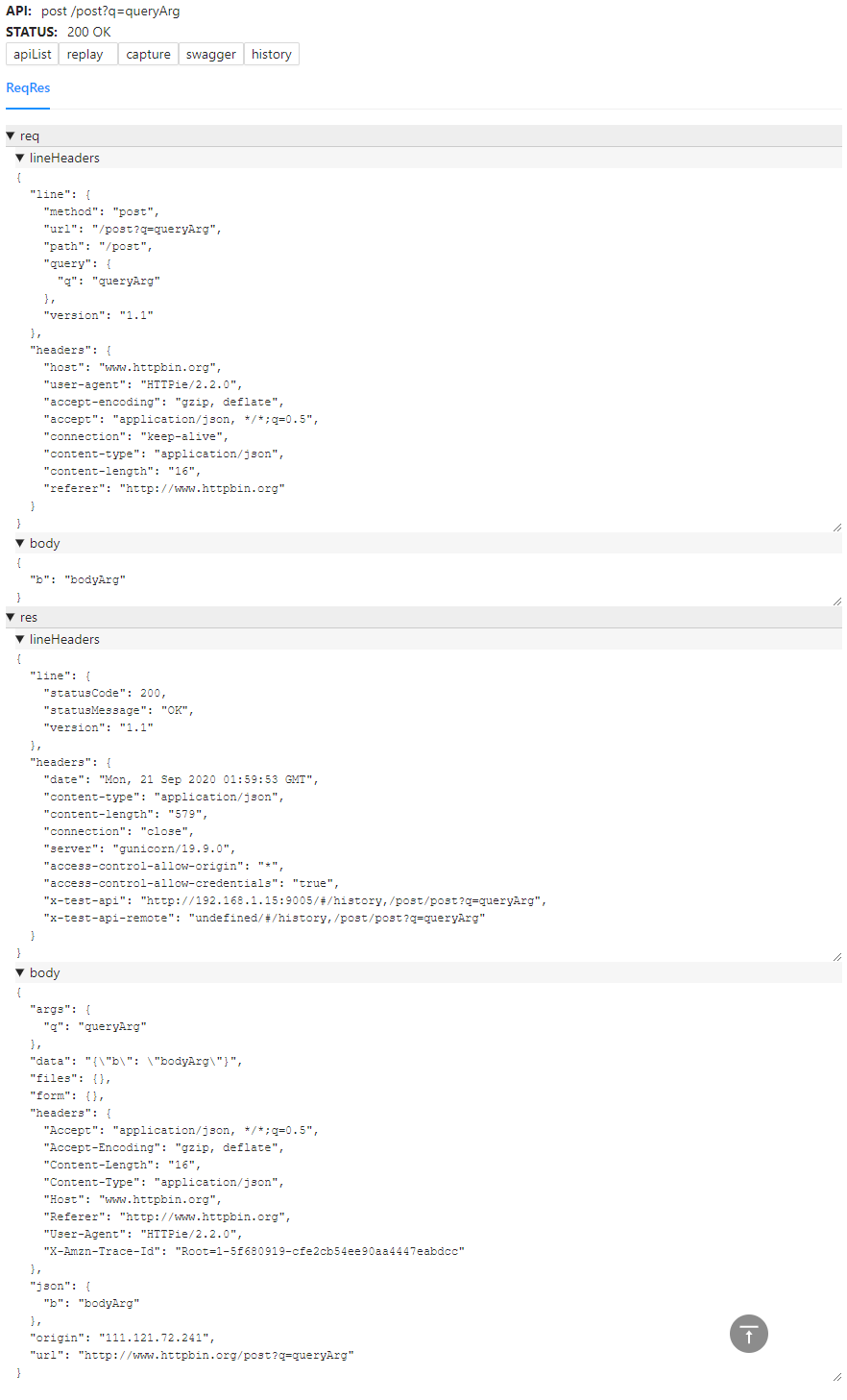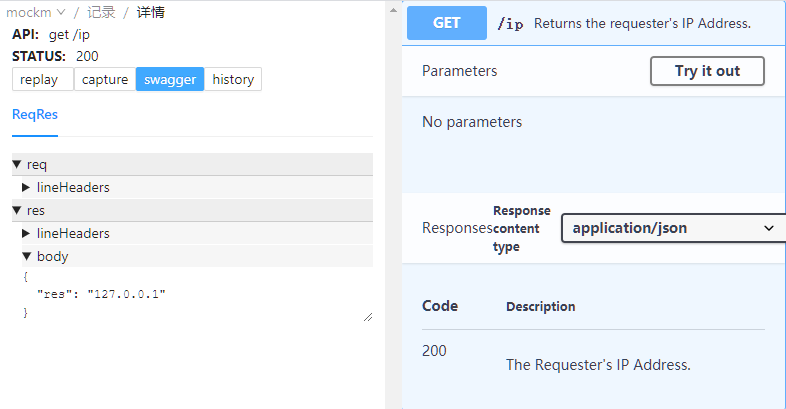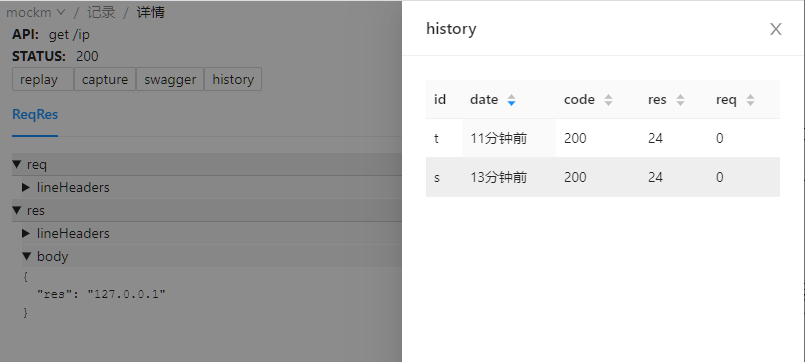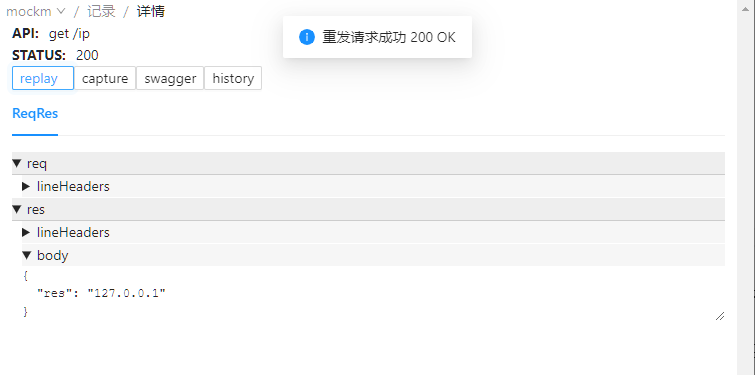# Frontend-Backend Integration: From Communication Hell to Collaboration Heaven 🤝
The integration phase is the critical moment to test frontend-backend collaboration results
It's also the dangerous phase most prone to conflicts and inefficient communication
# 💥 Classic Pain Points in Integration Phase
# 🌐 CORS Issues: The First Roadblock
Classic Dialogue:
Frontend: "API request failed, CORS error"
Backend: "What is CORS?"
Frontend: "CORS policy blocked the request"
Backend: "Let me check"
// 2 hours later...
Frontend: "Is it ready?"
Backend: "I can't handle this, it's nginx configuration by DevOps"
DevOps: "This needs approval, through process, about 3 days..."
Real Impact:
- ⏰ Integration progress stalled, waiting for configuration
- 🔄 Development and production environment configuration inconsistency
- 😤 Simple problems complicated, low efficiency
MockM Integration:
Automatic CORS handling, not simply through * pass-through, but informing browser to allow CORS while also proxying request headers to backend service, which can also solve backend's hotlink protection limitations.
# 🔍 Parameter Passing: Hidden Communication Costs
Typical Scenario:
Frontend: "API returns 400 error"
Backend: "Parameter issue?"
Frontend: "Let me check..." (opens dev tools, takes screenshots)
Backend: "Wrong format, should be JSON"
Frontend: "I sent JSON" (more screenshots)
Backend: "Is Content-Type set?"
Frontend: "Yes it is" (continues screenshots)
...cycle repeats N times...
Communication Costs:
- 📱 Dozens of WeChat chat messages
- 📸 Screenshots sent back and forth
- 🕐 2-3 hours to locate a simple problem
- 😰 Gradually anxious emotions, affecting collaboration
Debug links contain complete information:
- 📋 Request Details: Headers, Body, Query parameters
- 📊 Response Content: Status, Headers, response body
- 🔍 Parameter Validation: Auto-check JSON format, required fields
- 📚 Document Association: Auto-find corresponding API documentation
- 🛠️ Online Debugging: One-click resend, modify parameter testing
MockM Integration Dialogue:
Frontend: "API issue: http://127.0.0.1:9005/#/post/api/login"
Backend: Clicks link, sees all info in 3 seconds ✅
View Request Details

# 📋 Document Search: Information Silos Trouble
Reality:
Frontend: "Where's the documentation for this API?"
Backend: "In the doc system, search for it"
Frontend: "Can't find it, what's it called?"
Backend: "Should be User Management API, or User Info API?"
Frontend: "Found 3 similar ones, which is correct?"
Backend: "I'm not sure either, try them one by one..."
Efficiency Killer:
- 🔍 API documentation hard to locate quickly
- 📚 Documentation out of sync with actual APIs
- 🎯 Time wasted searching instead of developing

# 🔄 Debug Loop: Efficiency Black Hole
Endless Loop:
1. Frontend reports issue
2. Backend analyzes code
3. Backend modifies API
4. Backend deploys to test environment
5. Notifies frontend to retest
6. Discovers more issues
7. Back to step 1...
Time Cost:
- 🚀 Each deployment wait 5-10 minutes
- 🔄 Often requires 3-5 cycles
- ⏰ A small issue consumes half a day
# 💻 Environment Dependencies: Fragile Integration Foundation
Server "Strike" Scene:
Time: 4:30 PM day before demo
Frontend: "Why are all APIs unreachable?"
Backend: "Server crashed, DevOps is fixing"
Frontend: "When will it be ready?"
Backend: "Not sure, maybe tomorrow"
Frontend: "We have client demo tomorrow..."
Everyone: "......"
Real Impact:
- 📅 Demo plan forced to postpone
- 😰 Client trust decreases
- 💸 Business opportunities lost
# 🚀 MockM: Collaboration Tool for Integration Phase
# ⚡ CORS Issues Instantly Solved
// mm.config.js - One line config solves all CORS issues
module.exports = {
proxy: 'http://backend.company.com:8080'
}
Integration Scene Immediately Changes:
- ✅ Frontend calls directly, no backend CORS configuration needed
- ✅ Supports all HTTP methods and WebSocket
- ✅ Development and production environments completely consistent
- ✅ Zero DevOps involvement, developers fully autonomous
# 🔗 Smart Debug Links: Goodbye Screenshot Communication
Traditional Integration Dialogue:
Frontend: "API error" + sends 3 screenshots
Backend: "Can't see clearly, can you resend request parameters?"
Frontend: Re-screenshots + manually copies parameters
Backend: "What about response?"
Frontend: Another round of screenshots...
MockM Integration Dialogue:
Frontend: "API issue: http://127.0.0.1:9005/#/post/api/login"
Backend: Clicks link, sees all info in 3 seconds ✅
Debug Links Contain Complete Information:
- 📋 Request Details: Headers, Body, Query parameters
- 📊 Response Content: Status, Headers, response body
- 🔍 Parameter Validation: Auto-check JSON format, required fields
- 📚 Document Association: Auto-find corresponding API documentation
- 🛠️ Online Debugging: One-click resend, modify parameter testing
# Request History Management: Problem Tracking Tool
Automatically records every integration request, can directly view or return to any request's data.

Integration Debug Capabilities:
- 🔍 Problem Comparison: Successful vs failed requests at a glance
- 🔄 Quick Reproduction: One-click replay historical requests, guaranteed reproduction
- 📊 Trend Analysis: Which APIs frequently have issues
- 🏷️ Collaboration Marking: Mark and save important test cases

# 🛡️ Integration Disaster Recovery: Demos Never Fail
module.exports = {
// Mainly use backend real APIs
proxy: 'http://backend.company.com:8080',
// Backend down? Directly use historical data for auto API response
replayPort: 9001,
}
# 🌐 Remote Integration: Cross Geographic Limitations
module.exports = {
remote: true, // One-click enable remote collaboration
proxy: 'http://localhost:8080'
}
Remote Integration Scenarios:
- 🏢 Cross-city Collaboration: Beijing frontend + Shenzhen backend seamless integration
- 🏠 Home Office: Complete integration testing from home
- 📱 Mobile Debugging: WeChat mini-programs, App real device debugging
- 🔗 Third-party Integration: Payment callbacks, message push and other external services
# 🎛️ Real-time Response Interception: No-deployment Debugging
module.exports = {
proxy: {
'/api/user/login': {
// Intercept and modify response - test exception scenarios
onProxyRes(proxyRes, req, res) {
if (req.body.username === 'error_test') {
res.status(500).json({ error: 'Internal server error' })
return
}
// Modify normal response - test special data
if (proxyRes.data) {
proxyRes.data.user.isVip = true
}
}
}
}
}
Integration Testing Capabilities:
- 🎭 Exception Simulation: 500 errors, timeouts, network exceptions, etc.
- ⏱️ Delay Testing: Simulate slow network environments
- 📊 Data Transformation: Temporarily modify response data to test frontend logic
- 🔄 Real-time Effect: Configuration changes take immediate effect, no restart needed
# 📊 Revolutionary Integration Efficiency Improvement
# ⏰ Problem Resolution Time Comparison
| Integration Issue Type | Traditional Mode | MockM Mode |
|---|---|---|
| CORS Configuration | Complex proxy config or need others' help | No CORS issues |
| Parameter Issue Location | Back and forth screenshot communication | Directly view request details in link |
| API Debug Loop | Back and forth screenshots + frontend page retry | Click request resend in link |
| Environment Failure Recovery | 4-8 hours (waiting for others to restore environment) | 1 minute to switch to historical data port, basically normal system entry and interface, demo no problem |
# 💬 Communication Method Revolution
Traditional Integration Communication:
📱 WeChat/Enterprise WeChat chat: 30+ messages
📸 Screenshot transmission: average 6-8 images
🕐 Problem explanation: 15-30 minutes
😤 Emotional cost: both sides anxious
MockM Integration Communication:
🔗 Debug link: 1 message
📊 Complete information: all details at a glance
⚡ Problem location: 3-5 minutes
😊 Pleasant collaboration: efficient and professional
# 🎯 Integration Quality Improvement
Traditional Integration Characteristics:
- Slow problem location, easy to accumulate
- Information transmission lossy, large understanding deviation
- Strong environment dependency, uncontrollable risk
- Much repetitive work, low efficiency
MockM Integration Characteristics:
- Second-level problem location, solve on the spot
- Complete information transmission, precise understanding
- Zero environment dependency, stable and reliable
- Intelligent assistance, extremely high efficiency
# 🤝 Qualitative Change in Collaboration: From Confrontation to Cooperation
# 🚀 Team Collaboration Mode Upgrade
Frontend Developer Benefits:
- 🎯 Focus on Frontend: Not troubled by environment and CORS issues
- 📊 Information Transparency: Clear debugging information, quick problem location
- 🔄 Historical Tracing: Problem reproduction and comparative analysis capability
- 😌 Psychological Safety: Disaster recovery mechanism eliminates environment dependency anxiety
Backend Developer Benefits:
- 📋 Complete Information: No guessing, directly see complete request information
- 🔗 Efficient Communication: Debug links replace screenshots and text descriptions
- 🚀 Focus on Business: Reduce environment debugging, more time writing code
- 🎯 Problem Focus: Quickly locate real business logic issues
Project Management Benefits:
- 📅 Controllable Progress: Integration time predictable, manageable risk
- 📊 Quality Assurance: Problem resolution efficiency improved, delivery quality improved
- 💰 Cost Optimization: Reduce repetitive work, improve ROI
- 🎯 Resource Focus: Team energy concentrated on value creation
# 🎨 Core Philosophy: Technology Serves Collaboration
Excellent tools not only solve technical problems
More importantly, they promote understanding and cooperation between people
MockM transforms frontend-backend integration from "painful confrontation" to "efficient collaboration":
- 🤝 Information Transparency: Complete and accurate information transmission
- 🚀 Problem Focus: Quickly locate problems that really need solving
- 😊 Pleasant Experience: Reduce friction, increase understanding
- 🎯 Value-oriented: Spend time creating value, not repetitive work